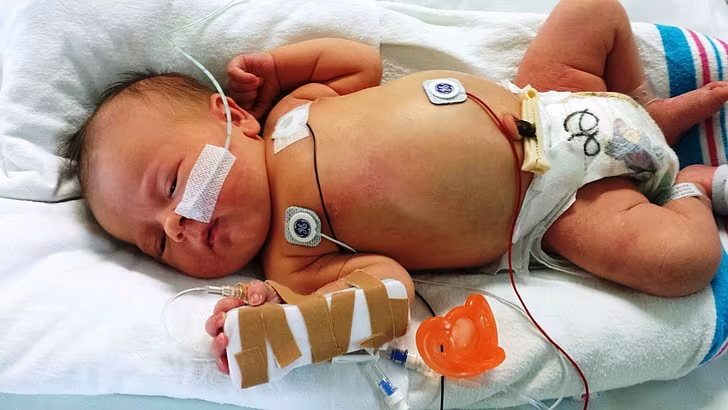

By Asmita - Jul 20, 2025
Premature babies in the UK will soon be protected against respiratory syncytial virus (RSV) through a new immunisation programme using nirsevimab. The initiative aims to reduce hospitalisation and severe illness, as premature infants are at higher risk for RSV complications. This marks a significant improvement over the previous vaccine, palivizumab, offering more than 80% protection with a single dose lasting six months. Healthcare providers are actively engaging families to ensure eligible babies receive this crucial protection.

Premature Babies in Care via PickPik
LATEST
Premature babies across the UK will soon receive much-needed protection against respiratory syncytial virus (RSV), a common winter virus that poses especially serious risks to infants born prematurely. From late September, the NHS is introducing a new immunisation programme using nirsevimab, a long-acting injection that will be offered to around 9,000 high-risk babies and infants born before 32 weeks gestation. This initiative comes as studies reveal that premature babies are three times more likely to require hospitalisation due to RSV and ten times more likely to need intensive care compared to those born full-term.
RSV is one of the leading causes of admission to hospitals for babies under five, resulting in approximately 30,000 cases and around 30 deaths annually in the UK. For most infants, RSV manifests as mild cold-like symptoms, but premature babies are particularly vulnerable to severe complications such as bronchiolitis and pneumonia, which can become life-threatening. Mothers of full-term babies are typically offered RSV vaccines late in pregnancy, allowing them to pass protective antibodies to their newborns, but those born prematurely often miss this window and are left more exposed to the virus.
The choice of nirsevimab marks a significant shift from the status quo. Previously, eligible premature infants were offered palivizumab, which required monthly injections and provided around 55% protection during RSV season. Nirsevimab, by contrast, delivers more than 80% effectiveness against the virus with a single dose lasting six months. This not only provides a higher level of defence but also makes it easier for both parents and healthcare providers, eliminating the need for frequent medical visits during the high-risk winter months.
Healthcare professionals are proactively reaching out to families whose babies qualify for this immunisation. Neo-natal clinics will arrange the administration of the injection, and additional guidance is being provided to families with babies that have complex heart, lung, or immune system conditions. By extending access to this highly effective medication, the NHS is aiming to reduce avoidable hospital admissions, prevent severe illness, and create a “protective bubble” for the most medically fragile infants. As RSV remains the main infectious cause of hospitalisation and intensive care admission for babies across the UK, this move marks an important step forward in paediatric public health and winter preparedness.